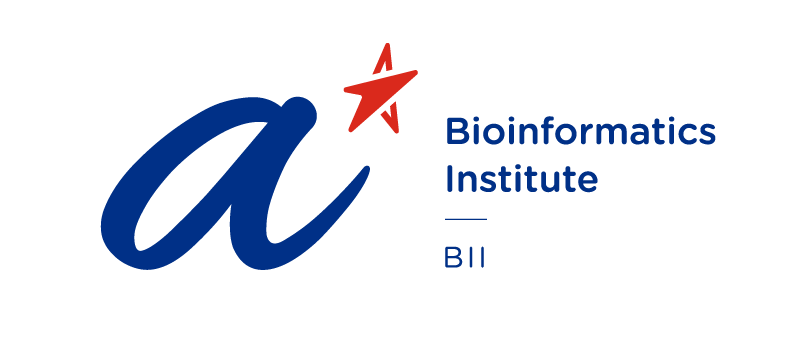Ferrer FJ
De-risking drug discovery of intracellular targeting peptides: screening strategies to eliminate false-positive hits
Non-specific promiscuous compounds can mislead researchers and waste significant resources. This phenomenon, though well-documented for small molecules, has not been widely explored for the peptide modality. Here, we demonstrate that two purported peptide-based KRas inhibitors, SAH-SOS1A and cyclorasin 9A5, exemplify false-positive molecules – both in terms of their binding affinities and cellular activities.
ReadTherapeutic anti-cancer activity of antibodies targeting sulfhydryl bond constrained epitopes on unglycosylated RON receptor tyrosine kinase
Recepteur d’origine nantais (RON) receptor tyrosine kinase (RTK) and its ligand, serum macrophage-stimulating protein (MSP), are well-established oncogenic drivers for tumorigenesis and metastasis. RON is often found to be alternatively spliced resulting in various isoforms that are constitutively active. RON is therefore an attractive target for cancer therapeutics, including small molecular inhibitors and monoclonal antibodies.
ReadInhibition of the NLRP3 inflammasome activation by cell-permeable stapled peptides
Interleukin-1β (IL-1β) is a major cytokine that initiates and enhances inflammatory responses. Excessive IL-1β production is a characteristic of most chronic inflammatory diseases, including atherosclerosis, type 2 diabetes, and obesity, which affect a large proportion of the global population.
Read